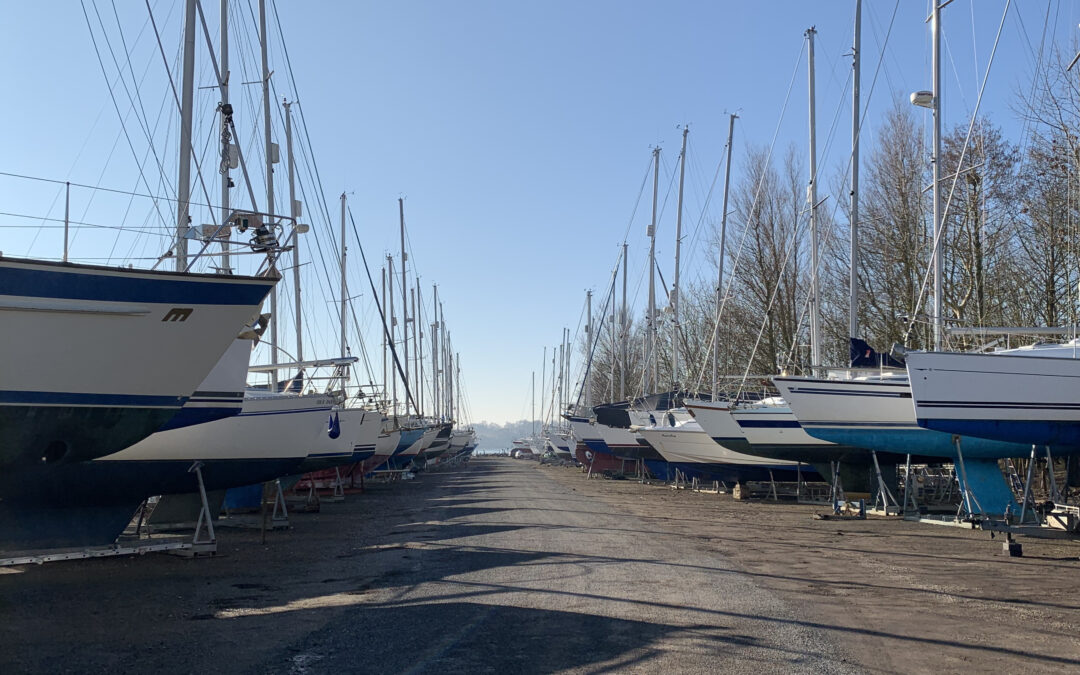Maintaining a ship isn’t just about keeping it afloat; it’s about ensuring smooth sailing through calm waters and stormy seas alike. From routine inspections to comprehensive overhauls, effective ship maintenance is the cornerstone of maritime safety and operational efficiency. In this guide, we’ll explore some essential tips to keep your vessel shipshape and sailing smoothly.
Establish a Maintenance Schedule:
Just like any other complex machinery, ships require regular maintenance to function optimally. Create a detailed maintenance schedule that includes routine inspections, lubrication of machinery, hull cleaning, and other essential tasks. Adhering to a consistent schedule helps prevent minor issues from snowballing into major problems.
Prioritize Preventive Maintenance:
Preventive maintenance involves preemptively addressing potential issues before they escalate. Conduct regular checks on crucial components such as engines, propulsion systems, navigation equipment, and safety systems. Identify and replace worn-out parts, and address any signs of corrosion or damage promptly.
Invest in Training and Education:
Properly trained crew members are invaluable assets when it comes to ship maintenance. Provide comprehensive training programs to ensure that your crew understands the importance of maintenance tasks and knows how to perform them effectively. Encourage ongoing education and certification to keep skills sharp and up-to-date with industry standards.
Utilize Technology:
Embrace technological advancements in ship maintenance to streamline processes and enhance efficiency. Implement predictive maintenance systems that use data analytics and sensors to anticipate potential failures and schedule maintenance proactively. Embrace digital tools for documentation, inventory management, and task tracking to stay organized and efficient.
Keep Hull Clean and Well-Maintained:
The hull serves as the fundamental structure of a vessel, making its upkeep crucial for maintaining peak performance and fuel efficiency. It’s imperative to routinely examine the hull for indications of fouling, corrosion, or damage. Promptly removing fouling from the hull is vital to prevent drag and uphold ideal speed and fuel economy. Coordinating with hydro blasting companies in Nevada can ensure thorough cleaning and repairs during scheduled dry dockings, further enhancing the vessel’s condition and operational effectiveness.
Monitor Fluids and Lubricants:
Proper lubrication is critical for the smooth operation of machinery and equipment onboard. Monitor fluid levels and quality regularly, and adhere to manufacturer recommendations for lubricants and maintenance intervals. Replace fluids and filters as needed to prevent wear and ensure optimal performance.
Address Corrosion Immediately:
Corrosion can compromise the structural integrity of a ship and lead to costly repairs if left unchecked. Inspect vulnerable areas for signs of corrosion, such as rust or pitting, and address them promptly. Implement corrosion prevention measures, such as protective coatings and sacrificial anodes, to mitigate future corrosion risks.
Ensure Compliance with Regulations:
Regulatory compliance is a non-negotiable aspect of ship maintenance. Stay abreast of maritime regulations and ensure that your vessel meets all required standards for safety, environmental protection, and operational performance. Maintain accurate records of inspections, maintenance activities, and compliance documentation to demonstrate adherence to regulations.
Emphasize Safety First:
Safety should always be the top priority in ship maintenance activities. Provide appropriate personal protective equipment (PPE) and safety training to crew members involved in maintenance tasks. Conduct thorough risk assessments before undertaking any maintenance activities and implement appropriate safety measures to mitigate hazards.
Embrace a Culture of Continuous Improvement:
Ship maintenance is not a one-time task but an ongoing commitment to excellence. Encourage feedback from crew members and stakeholders to identify areas for improvement in maintenance processes and procedures. Embrace a culture of continuous learning and improvement to adapt to evolving challenges and industry best practices.
In Conclusion
Effective ship maintenance is essential for ensuring the safety, reliability, and efficiency of maritime operations. By establishing a comprehensive maintenance schedule, prioritizing preventive measures, investing in training and technology, and adhering to regulatory standards, shipowners and operators can keep their vessels in optimal condition for smooth sailing in any condition. Remember, a well-maintained ship is not just a vessel—it’s a testament to professionalism, diligence, and a commitment to excellence on the high seas.
